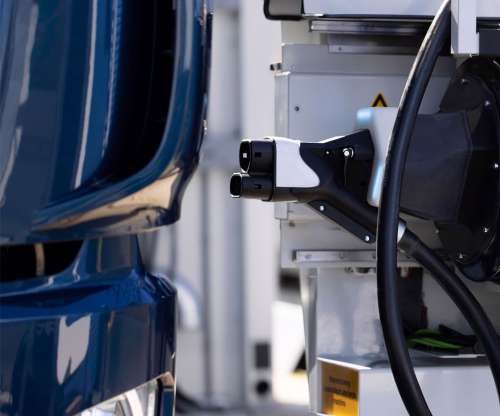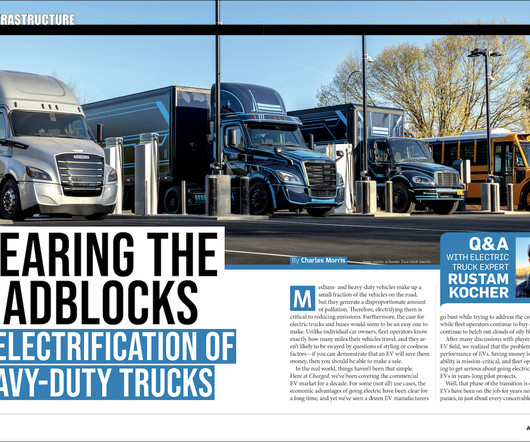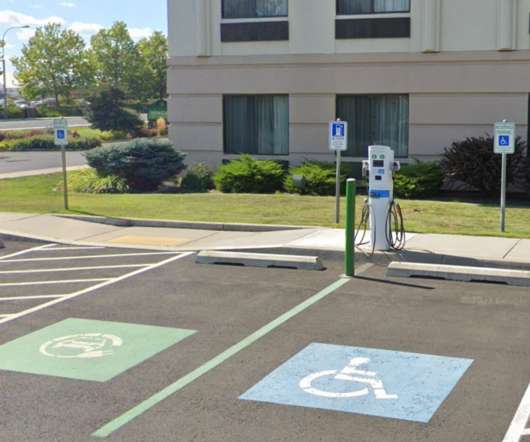Rocsys to supply autonomous CCS charging solutions to SSA Marine for electric yard tractors at Port of Oakland
Green Car Congress
MARCH 8, 2022
Rocsys , the first company offering autonomous charging solutions that automate industry-standard CCS connectors, has signed an order of agreement with SSA Marine, the world’s largest independent, privately-held marine terminal operator, to supply ROC-1 autonomous charging systems.



























Let's personalize your content